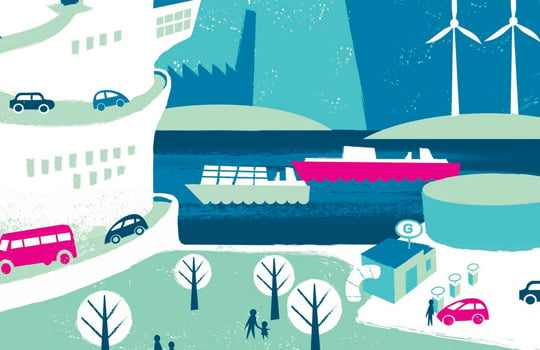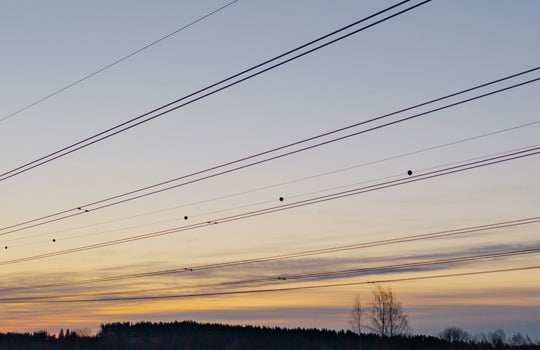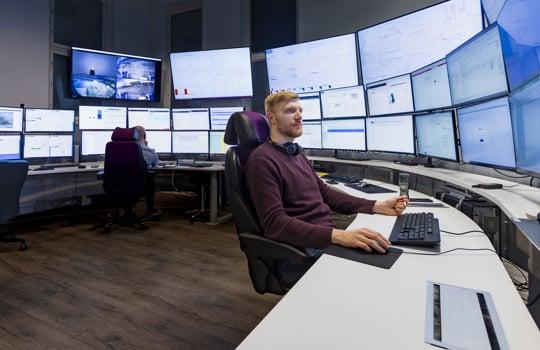Navigating the emissions trading market with Gasum
The EU’s Emission Trading System is a cap-and-trade market that is both political and volatile. As climate targets become stricter even more companies need to trade emissions. Gasum’s Energy Services helps companies navigate the EU ETS cost-effectively and with expertise.
Trading emissions is a cost-effective way to reduce companies’ greenhouse gas emissions, but emission allowances are also mandatory for European companies operating in certain carbon-intensive industries.
The EU’s Emission Trading System (ETS) is the world’s biggest carbon market. It works as a cap-and-trade system. Every year the EU sets a cap for emissions and companies must acquire emission allowances to cover their emissions. To reduce the overall emissions the cap is set a bit lower every year.
Emission trading requires expertise
The goal of the whole emission trading scheme is to eventually render itself obsolete by making emission reductions cheaper for companies than emission trading. However, this will not happen soon. Many companies wouldn’t be incentivised to reach the EU’s current and planned climate targets without emission trading.
The market price of emission credits is driven by the supply-demand balance. The EU ETS can be described as a political and volatile market. Trading in it requires expertise and resources to follow the market and factors affecting it. Therefore, companies usually use organisations specialised in emission trading, such as Gasum, to help them and to provide them access to the secondary market.
“It is both cost-effective and sensible for companies to outsource their emission trading. We have dedicated specialists who track the market for our customers and know when it is the best time to trade. This lets our customers concentrate on their core business,” describes Sales and Development Manager Tommy Sundin from Gasum’s Energy Services.
Gasum can both trade and reduce company’s emissions
Gasum’s advantage is that it is not just a trading partner. In addition to an updated market view, Gasum has a wide selection of ways to the reduce company’s emissions starting with 100% renewable biogas that can be used as a fuel and in energy production.
“Our team has tens of years of experience in emission trading. We can tailor our customers a solution that suits their and their industry’s needs. Our customers clearly appreciate it,” says Carbon Portfolio Specialist Laura Pokka from Gasum Portfolio Services.
VERs are a way to offset emissions voluntarily
Whereas emission trading is mandatory, companies can also trade their emissions voluntarily in the voluntary market in what are known as VERs (voluntary emission reductions). VERs are a convenient way to offset, for example, scope 3 emissions. As VERs are not part of any legislation and regulation it is all the more important to have a trusted partner when acquiring them.
“VERs are based on the idea that we all share an atmosphere. This way, for example, a company operating in the Nordic countries can offset some of its emissions by purchasing VERs that support building a wind farm in India,” Laura Pokka explains.
Gasum brokers only emission reduction units that are approved and supervised in compliance with well-known standards. Usually VERs support emission reduction projects in developing countries.



